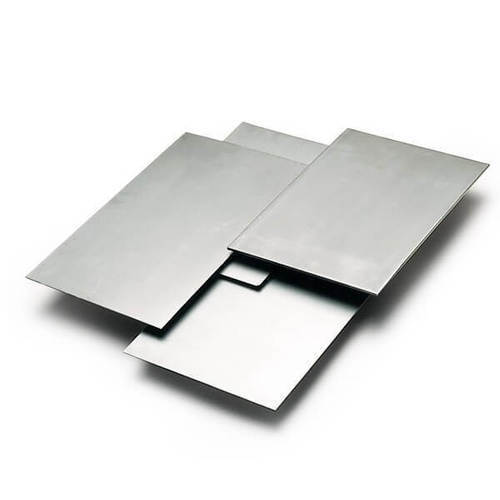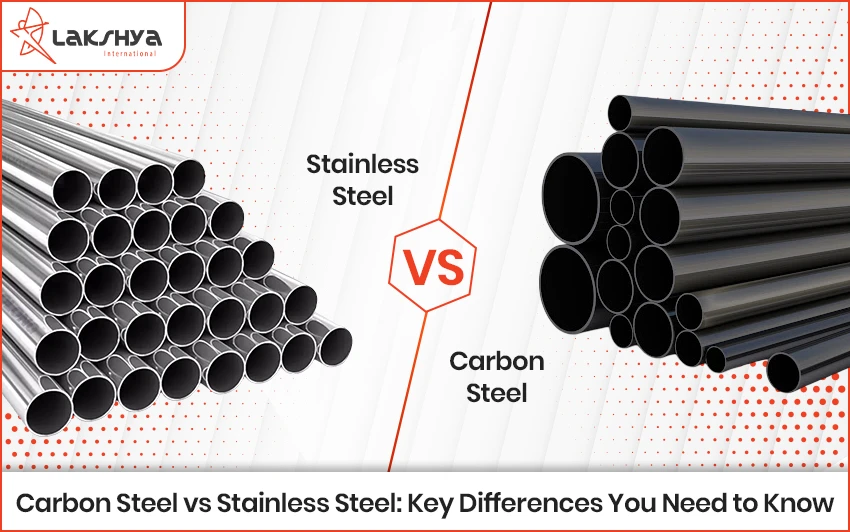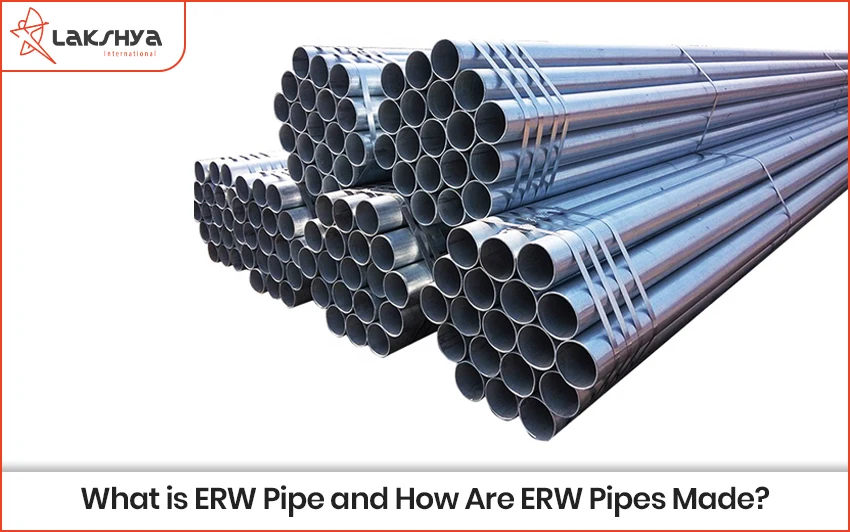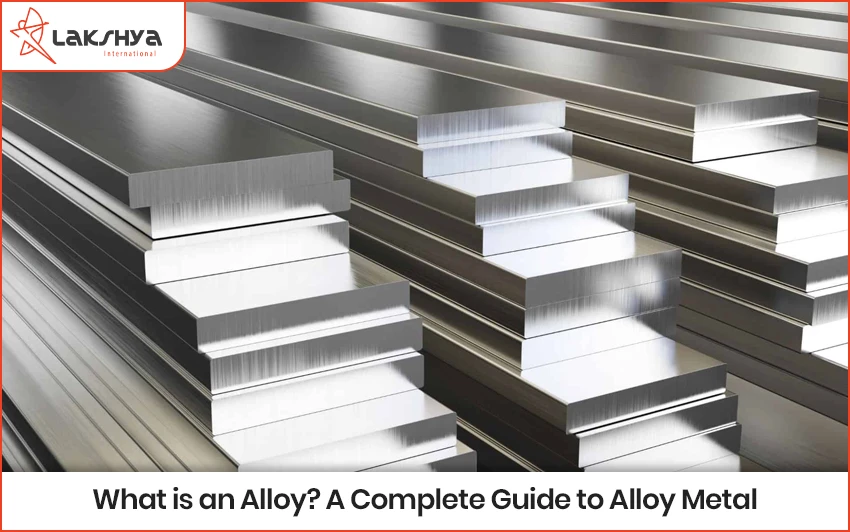Inconel is a nickel-chromium-based austenitic superalloy with specific applications. Inconel has various properties, including corrosion resistance, oxidation resistance, and the ability to tolerate high temperatures, making it an ideal material for severe situations. Inconel has a high thermal strength due to solid solution or precipitation strengthening. This material is also pressure resistant, making it ideal for high-pressure applications.
We’ll go over the five most common uses for Inconel alloys –
Aerospace and jet engines :

Within the aircraft industry, nickel alloys are a natural option. Engine parts, in particular, are subjected to extreme heat and pressure. Materials must be able to survive this environment while remaining strong and stable. Nickel alloys resist creep under high-stress circumstances, have minimal expansion at high temperatures, and are corrosion resistant.
Inconel 600, for example, is used in jet engine and airframe components such as exhaust liners, lock wire, and turbine seals. Inconel 601 is employed in a wide range of aircraft technologies due to its capacity to endure stress and the ease with which it can be worked.
Oil and gas extraction

One of the most common industrial uses for Inconel alloys is oil and gas extraction. Because of the high temperatures and the inflammable and corrosive raw materials being processed or stored, many considerations are examined for design engineers when it comes to material selection for oil and gas extraction.
Inconel 625 is a superalloy that is utilised in the processing systems for LNG manufacture to separate extracted fluids. Inconel alloy 625 has outstanding fatigue and thermal-fatigue strength, oxidation resistance, strong creep, tensile, and rupture strength, and excellent weldability. Steel transfer piping in sour gas and gas extraction equipment is frequently lined with it.
Pollution control and waste processing
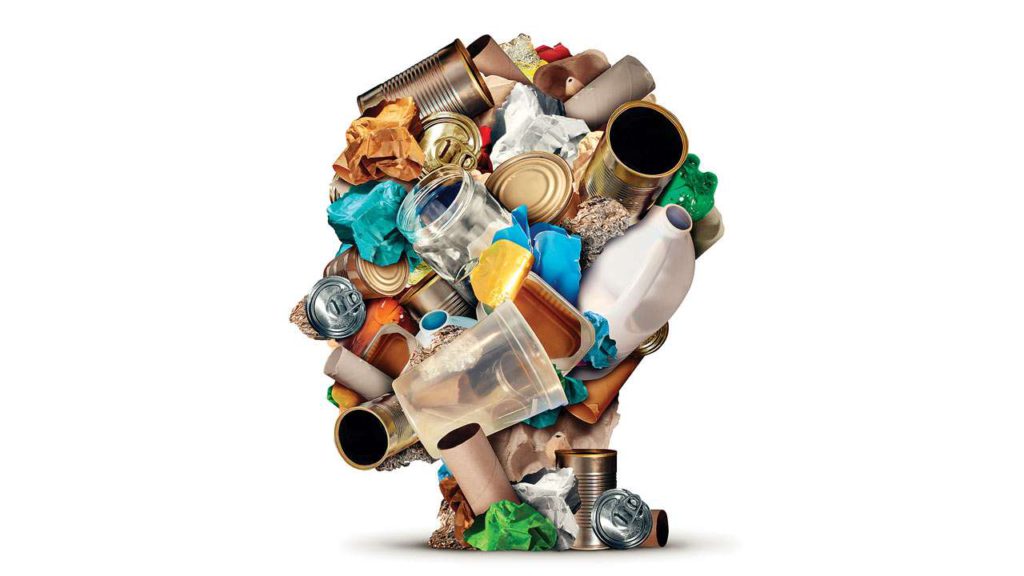
Working in tough conditions such as pollution control and waste processing necessitates the use of high-performance materials. There are inherently corrosive and harmful compounds that must be deposited, transferred, and processed. As a result, alloys used in waste-processing systems must have exceptional resistance to reducing acid solutions and oxidising agents, as well as the ability to withstand high temperatures without losing structural integrity or strength.
One such alloy is Inconel C-276, which possesses exceptional corrosion resistance in these conditions. The high molybdenum content of this alloy (15-17%) makes it resistant to pitting and crevice corrosion. Its low carbon concentration reduces carbide precipitation during welding, ensuring that welded structures maintain their corrosion resistance.
Automotive
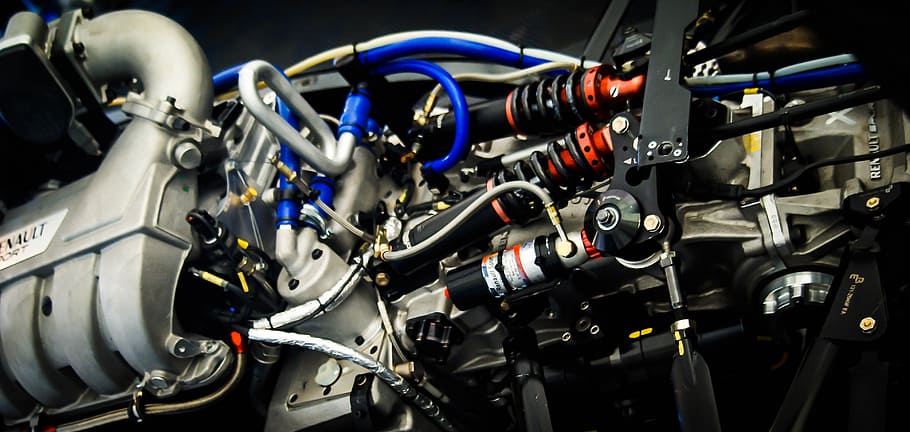
Car engines are sensitive monsters that generate a lot of heat while yet needing to be reliable and light. Engineers are always obtaining materials that can match technical improvements and drive to offer the ‘next big thing’ in cars as the automobile industry progresses. Car engines must be fuel-efficient and pollution-controlled in addition to having higher power and push.
As a result, selecting the appropriate material is critical. One of the most versatile materials, Inconel alloy 625, can be employed in this application. Inconel 625 is commonly used for exhaust couplings in high-performance automobiles and supercars. Sensors, safety devices, ignition systems, and electrical switchgear all use Inconel metals.
Marine industry

In a variety of marine applications, Inconel alloys are employed. Offshore platforms, as well as power and processing plants that use seawater as a cooling, are examples. Because seawater systems are highly corrosive, it is vital to employ materials that will not degrade in these environments.
In such severe conditions, Inconel alloys function admirably. Inconel 625 is used in propeller blades, propulsion motors, wire rope, and the sheathing of submarine communication cables, for example. Platform risers, hangers, down-hole equipment, and high-strength fasteners are among the other applications for Inconel alloys.
Read More :
What You Should Know About Inconel 600 Bars ? – Everything You Need To Know About Inconel 600 Bars

